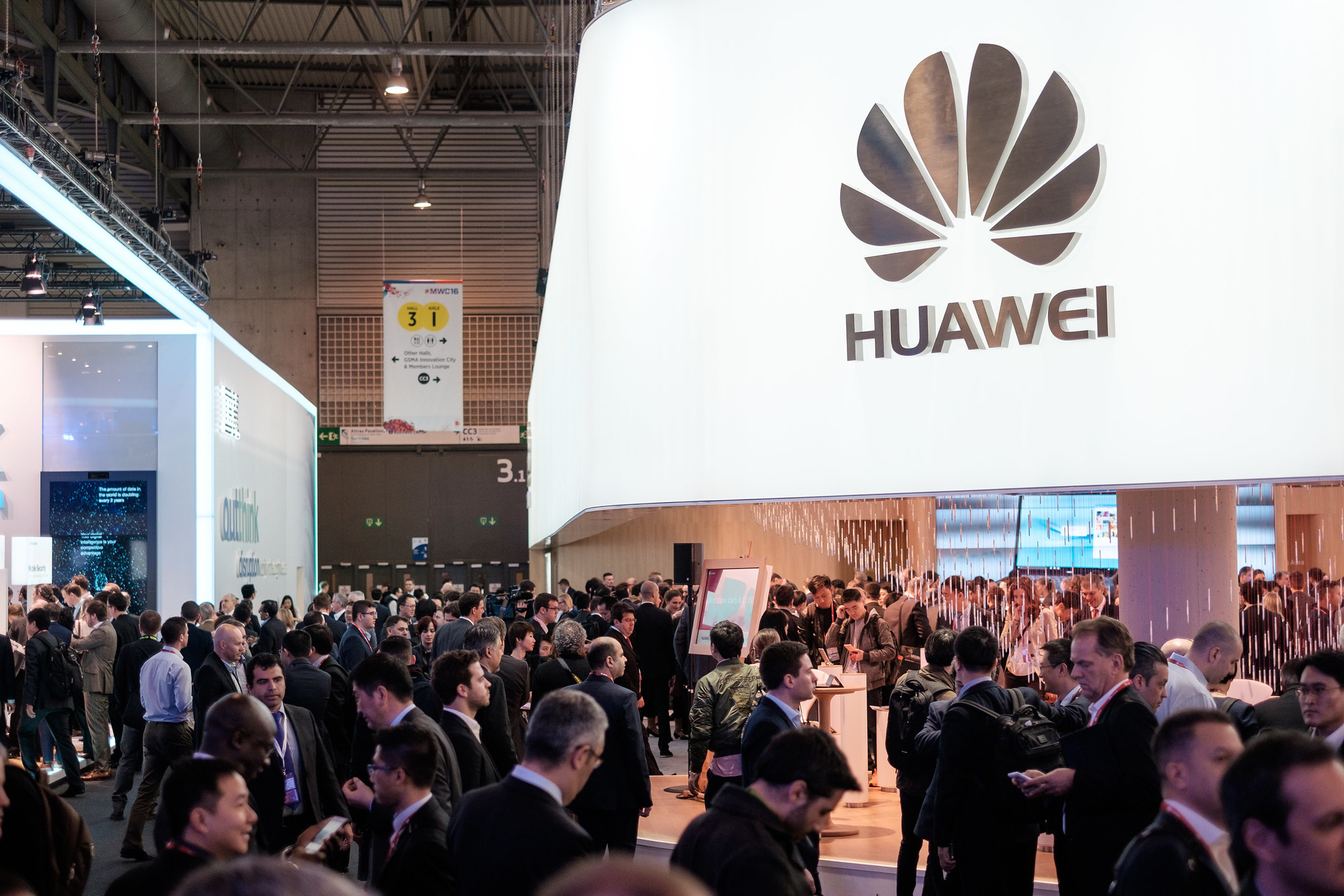 POLICY
POLICY
 POLICY
POLICY
 POLICY
POLICY
Huawei Technologies Co. Ltd. has gone on the defensive again, lashing out at a report this week that claims it received billions of dollars in financial aid from the Chinese government to secure its position as one of the world’s leading telecommunications firms.
The Wall Street Journal said Wednesday that Huawei managed to establish itself as one of the top telecommunications companies after receiving $75 billion worth of loans, tax breaks and other kinds of support over the last two decades.
But Huawei said in an angry response today that the Journal’s story was based on “false information and poor reasoning” and threatened to take legal action against the paper.
“This article speculates wildly about how Huawei has become what it is today,” the company said in a lengthy statement posted on Twitter. “The Wall Street Journal is a professional media outlet, so we have to question its motives and purpose for publishing this article.”
Once again, the @WSJ has published untruths about #Huawei based on false information. This time, wild accusations about Huawei’s finances ignore our 30 years of dedicated investments in R&D that have driven innovation and the tech industry as a whole. Read on for the #facts. pic.twitter.com/MpFVDIUecO
— Huawei (@Huawei) December 26, 2019
About $46 billion of the alleged support Huawei has received from Beijing came by way of state lenders in the form of credit lines, loans and other help, the Journal said.
The company also benefited from $25 billion in tax breaks between 2008 and 2018 via government programs meant to boost China’s technology industry, the report said. In addition, it reported that the company received $2 billion in land discounts and $1.6 billion via grants.
The Journal claims its findings are based on publicly available documents such as company statements and land registry records, and it says its evidence was checked by subsidy experts, including the U.S. nonprofit Good Jobs First.
Huawei didn’t call out any specific claims made by the Journal as false, but said it applies for government subsidies just like any other company and “follows all market rules” with regards to outside financing. It also said the total subsidies its received for research and development from both China and other governments amounts to less than 0.3% of its total revenue.
“Like other tech companies that operate in China, including those from abroad, Huawei receives some policy support from the Chinese government,” the company said. “But we have never received any additional or special treatment.”
The report comes as Huawei is increasing its efforts to play a part in the rollout of 5G networks around the world, despite fierce opposition from the U.S. government.
Huawei was placed on a trade blacklist by the U.S. Department of Commerce in May on national security concerns arising from fears it might share sensitive information with the Chinese government. U.S. President Donald Trump’s administration has repeatedly called for other countries, especially allies such as Australia, Europe and the U.K., to boycott Huawei too.
Support our mission to keep content open and free by engaging with theCUBE community. Join theCUBE’s Alumni Trust Network, where technology leaders connect, share intelligence and create opportunities.
Founded by tech visionaries John Furrier and Dave Vellante, SiliconANGLE Media has built a dynamic ecosystem of industry-leading digital media brands that reach 15+ million elite tech professionals. Our new proprietary theCUBE AI Video Cloud is breaking ground in audience interaction, leveraging theCUBEai.com neural network to help technology companies make data-driven decisions and stay at the forefront of industry conversations.